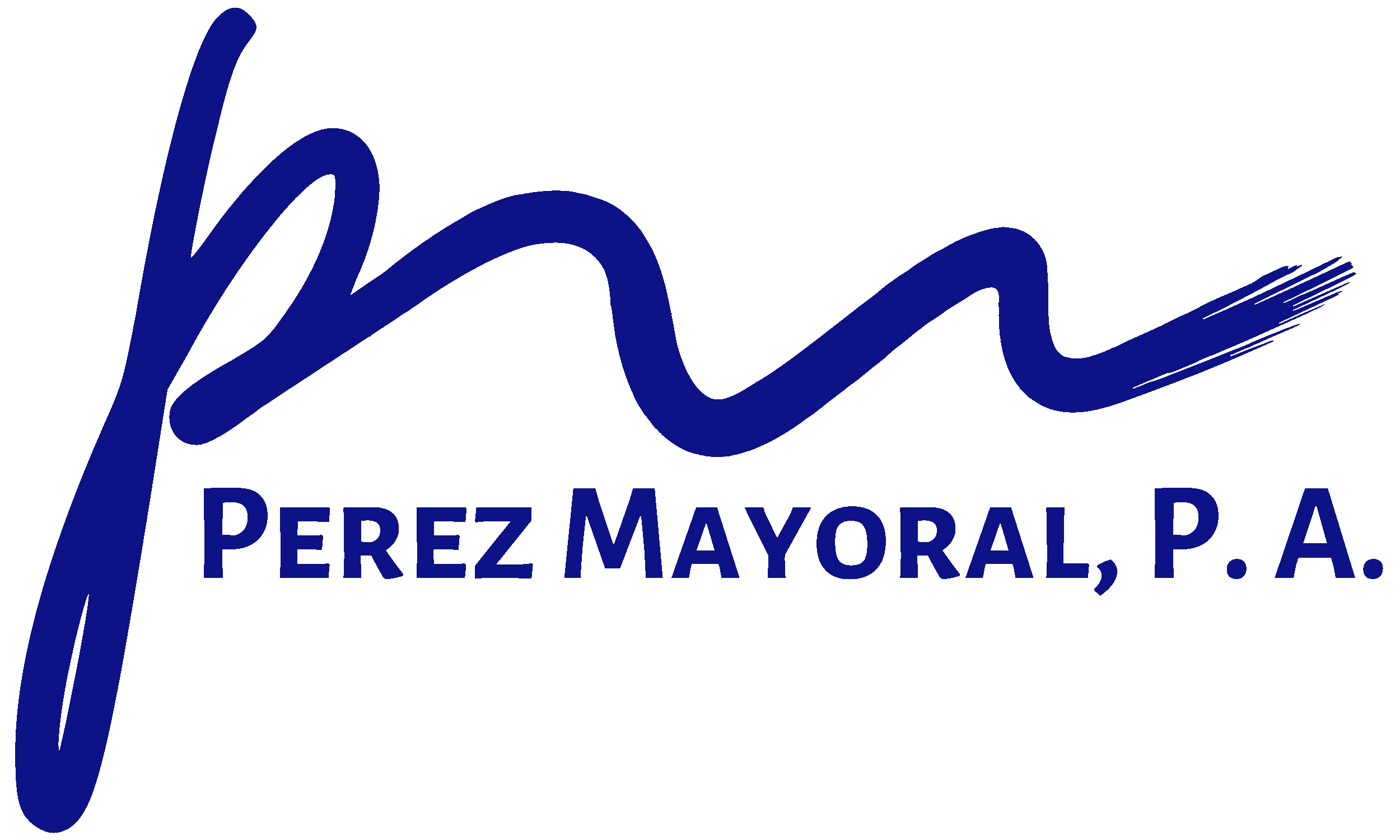Breaches of commercial leases, like other contract violations, require the services of a sharp, knowledgeable attorney. At Perez Mayoral, P.A., since one of the major focuses of our two excellent attorneys is commercial landlord/tenant litigation in South Florida, we are well-prepared for the task.
If you are a commercial landlord whose tenant has failed to pay rent or violated some other term of the lease, or a tenant who is suffering an unresolved problem that your landlord will not address, our legal team is here to protect your rights — through negotiations or, if necessary, through vigorous litigation.
Types of Breaches of Commercial Leases
A breach of a commercial lease takes place when either party violates a term of the lease contract. There are a great many ways in which a commercial lease can be breached by either the landlord or the tenant. Let’s take a look at the issue from both perspectives.
Landlord Breaches of Commercial Leases
Though most landlords keep their property in good condition and meet tenants’ expectations, some fail to meet their end of the bargain by:
1. Failing to make necessary repairs
Most commercial leases hold the landlord responsible for maintaining the property’s roof, exterior walls, common spaces (e.g. lobbies, stairways, elevators, external hallways, parking lots, and courtyards, all corridors, trash/disposal areas). The landlord is held accountable for keeping these areas clean and properly lit, and also seeing to it that electrical and plumbing repairs are made as needed.
Once landlords are notified of a problem or defect, they typically have 7 days to make a repair. It should be noted, however, that in Florida, tenants are not permitted to remedy the situation and then charge the landlord for the repairs.
2. Increasing rent without notice
Since the lease specifies the number of days required for a rent increase, if a landlord announces a rent increase arbitrarily, it is a violation of the commercial lease.
3. Evicting without adequate notice
While a commercial landlord has the right to evict a tenant for failure to pay rent, 15 days’ notice is required. If the eviction is for some other breach of the lease, the landlord must typically provide 15 days’ notice. Notably, in Florida, unlike in some other states, a tenant can be evicted even if their landlord has already accepted a partial payment of rent.
4. Failing to comply with move-out terms
Landlords who fail to return the tenant’s security deposit without reason are guilty of breaching the commercial lease — in other words, the lease contract is still binding after the tenant moves out.
5. Failing to keep the commercial property habitable
Commercial landlords are required to keep the property properly supplied with heat, air-conditioning, and water and are also responsible for ensuring the property is safe, has working locks on doors and windows, and is free of pests. Not doing so breaches the commercial lease.
6. Violating the tenant’s privacy
Although landlords must be allowed access to their tenants’ premises in Florida, the landlords must give tenants adequate notice of the need to enter, except during emergencies.
Tenant Breaches of Commercial Leases
Although most tenants are good neighbors and behave ethically, tenants, too, commit breaches of commercial leases by:
1. Failing to pay rent when it is due
It is not uncommon for commercial tenants to be unable to pay their rent, making them subject to eviction. However, if a landlord has already accepted a late payment for the full amount of rent, the landlord is no longer legally entitled to evict the commercial tenant for nonpayment.
2. Remaining in the space after the lease has expired
Once the lease has expired, the landlord may evict a tenant who has overstayed the terms of the contract.
3. Sub-leasing space without permission
Unless stated in the lease, tenants are not permitted to sublet the leased premises.
4. Keeping unauthorized pets in the commercial space
It has become more and more common for businesses to keep a pet in their workspace, but if doing this violates the terms of the lease, it is illegal.
5. Property damages
Tenants who cause damages to leased property must repair it, unless it requires expertise they do not have (e.g. plumbing/electrical work) in which case they must pay for the repair.
6. Violating waste or nuisance clauses
All commercial tenants are expected to be respectful of their neighbors by, for example, not allowing waste to pile up and become unsightly or odorous and not making noise loud enough to disturb other tenants.
How Perez Mayoral Commercial Leases Attorneys Will Help with Contract Breaches
Our legal team is well-versed in all aspects of commercial leases and understands precisely how to deal with them. Whether you are a landlord or a tenant, our attorneys have the knowledge and ingenuity to negotiate an agreement in your best interests, if necessary by bringing your landlord/tenant dispute to court. We have a well-earned reputation for outstanding litigation skills and a track record of successful outcomes.
Contact Our Capable Commercial Leases Attorneys Today
We are well-prepared to handle even complex breaches of commercial leases efficiently and effectively. Whether you are a business owner who is being poorly served by your commercial landlord or a landlord who is being taken advantage of by one of your commercial tenants, our legal team has your back. We are committed to protecting your right to fair and equitable treatment. Contact us now so we can see to it that you get it.


